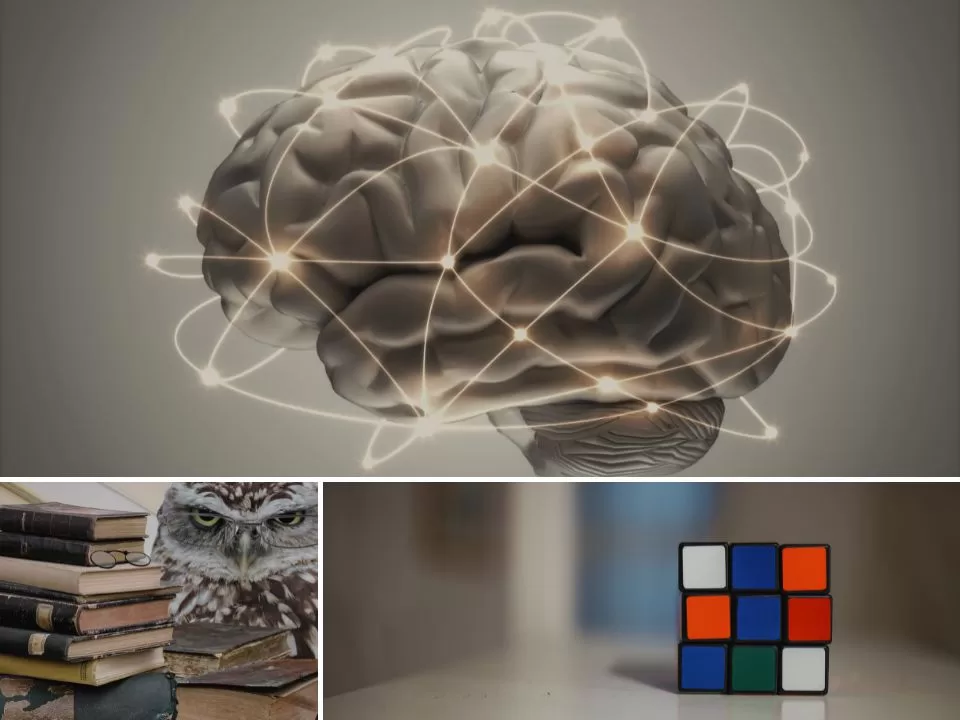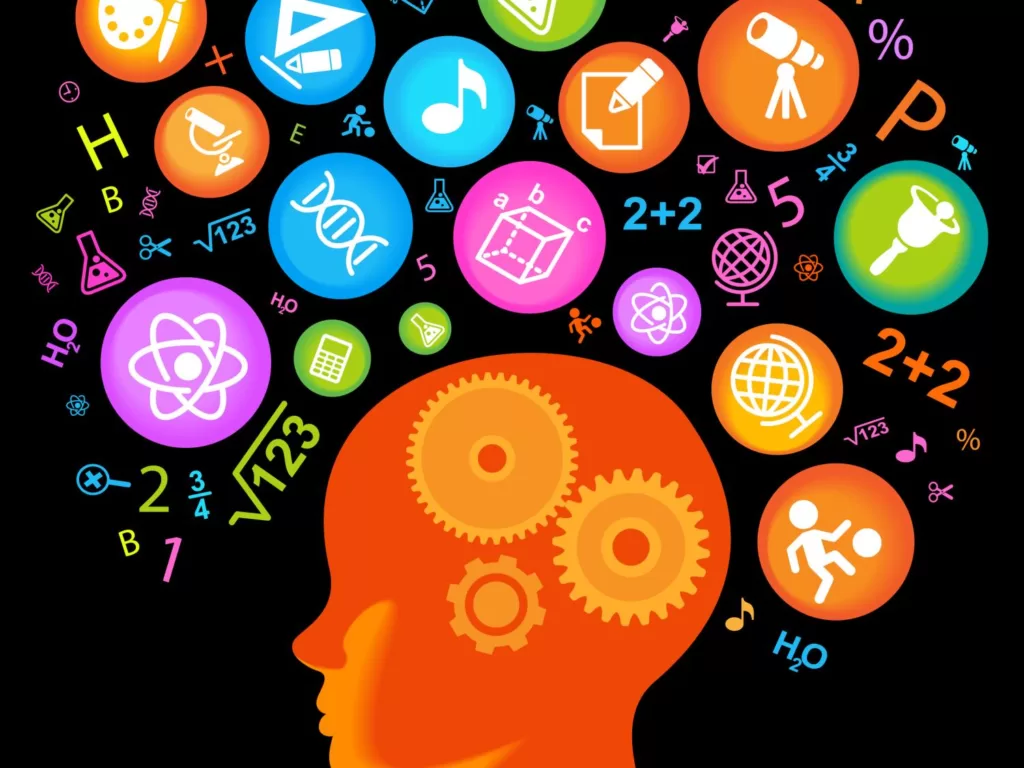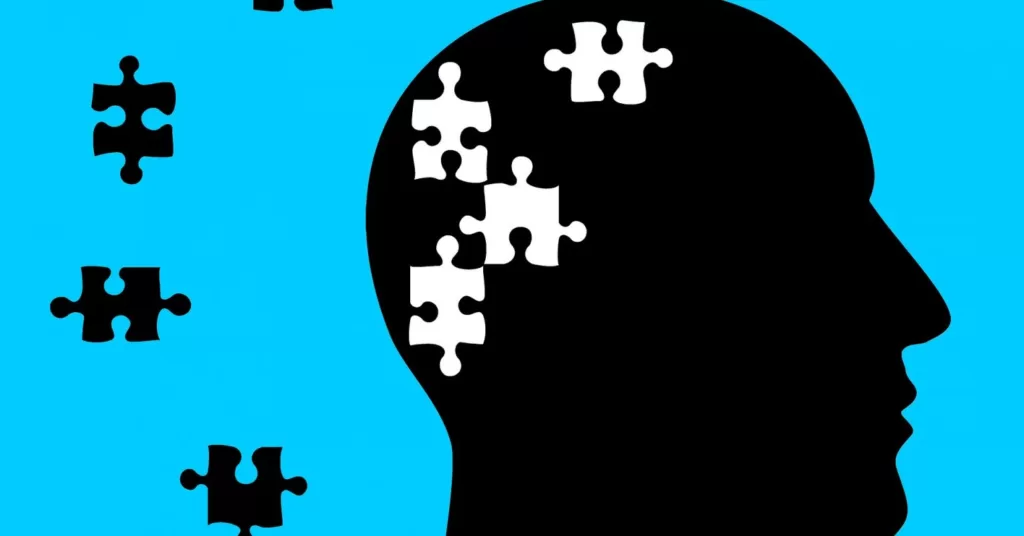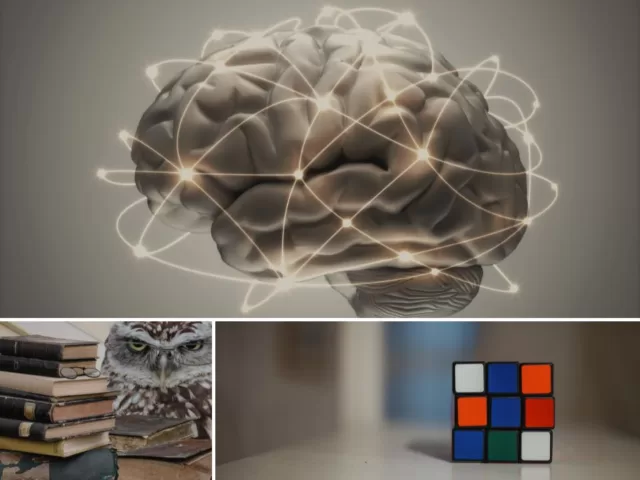
In a world that increasingly recognizes the multifaceted nature of human intelligence, the theories of intelligence have extended far beyond the traditional confines of IQ scores. The spectrum of intelligence is broad and includes a wide range of cognitive skills, emotional intelligence, and creative abilities that work together to shape each person’s intellectual profile.
Theories Of Intelligence Spectrum
In Frames of Mind, Howard Gardner delved into the theories of intelligence that are commonly used in life. Here is a list of them:
1. Intelligence Quotient (IQ)

Image via Penn State
Cognitive intelligence is an individual’s mental abilities in learning, problem-solving, and decision-making. Cognitive intelligence has always been the traditional method to measure intelligence through IQ tests. This includes memory, reasoning, problem-solving, learning ability, attention, perception, language skills, and creativity.
2. Emotional Quotient (EQ)

Image via Radiant Life Chiropractic
Emotional intelligence allows you to recognize, manage, and navigate others’ emotions. It involves soft skills such as empathy, self-awareness, emotional regulation, and interpersonal communication. People with high emotional intelligence can build strong relationships, communicate effectively, and navigate social situations with empathy and sensitivity.
3. Social Quotient (SQ)

Image via Power vs Force Coaching
Social intelligence refers to your ability to understand and interact effectively with others in various social situations. It involves how you perceive and comprehend social cues, interpersonal relationships, and behavior in different social contexts. Beyond cognitive abilities, social intelligence also includes emotional awareness, empathy, communication skills, and the ability to establish and sustain meaningful relationships.
4. Adversity Quotient (AQ)

Image via Medium
This intelligence type is new, and although there is less research on this, Gardner mentioned that adversity intelligence helps you to overcome your challenges. The Adversity Quotient determines how well you can handle the issue and whether you will give up, abandon the problem, or contemplate taking your own life.
Navigating EQ, SQ & AQ Beyond IQ

Image via Psychology Today
Each individual has a distinct personality and learning needs. The idea that one form of intelligence is more significant than another may be illogical. As much as cognitive intelligence is essential, an individual’s social skills, self-awareness, self-control, and coping mechanisms are also essential for success, especially if you are an adult with a career.
Taking care of your social and emotional needs is as important as meeting your academic requirements. Building your EQ, SQ, and AQ brings many benefits to you. Research on AQ is yet to advance, but understanding emotional and social intelligence can be your kickstart to great heights in life!










